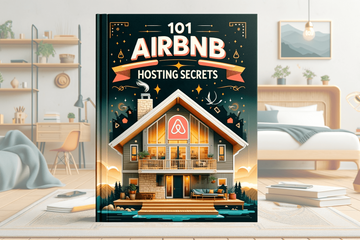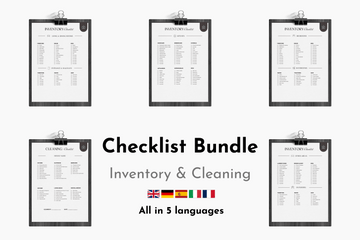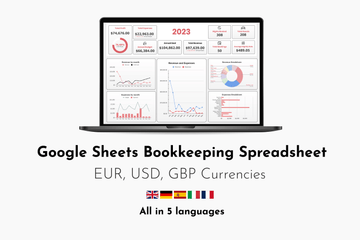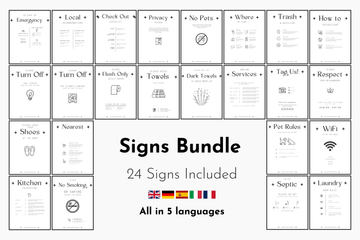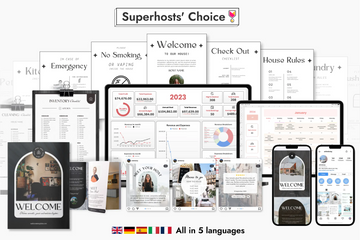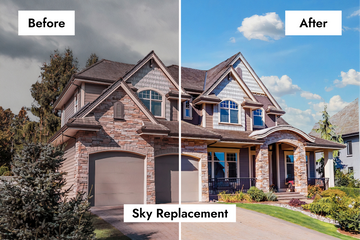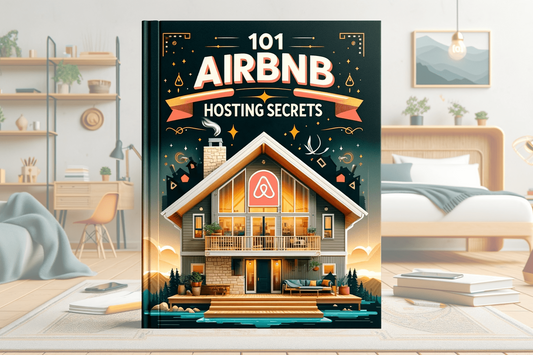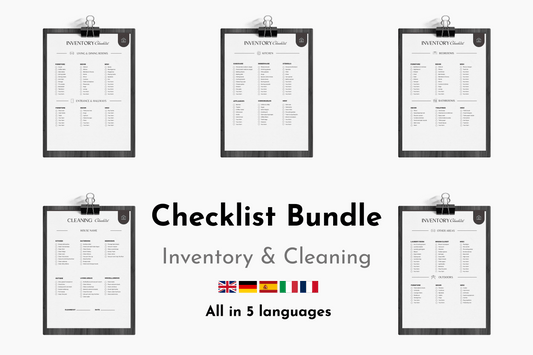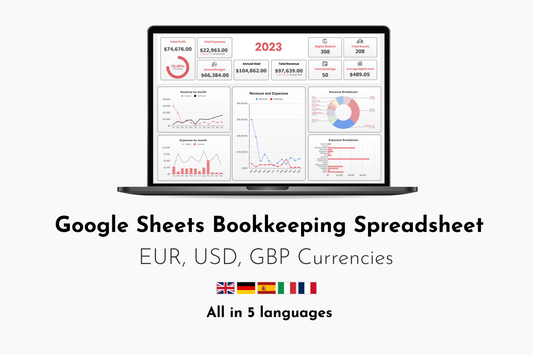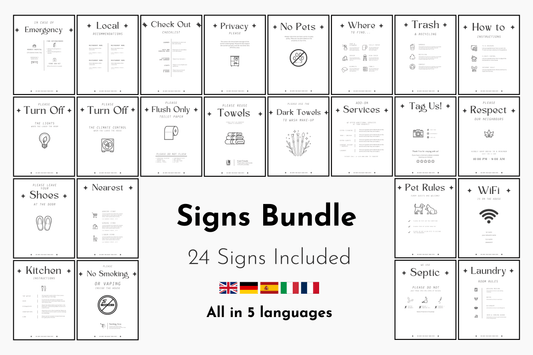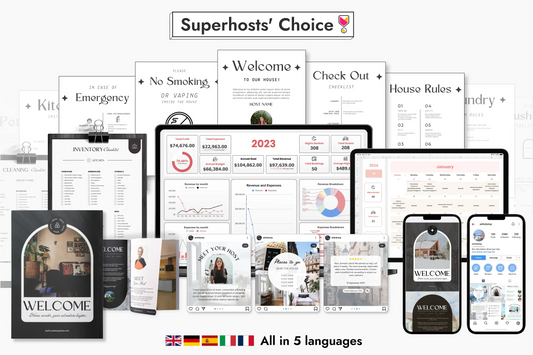Optimal Pricing Strategies for Airbnb: Unlocking the Secret to Maximizing Revenue
Aug 10, 2024
In the competitive world of Airbnb, setting the right price is crucial for maximizing occupancy rates and revenue. Understanding and implementing optimal pricing strategies can significantly impact a host's success. In this article, we delve into the secret of "Optimal Pricing Strategies" for Airbnb, exploring key tactics that can help hosts find the perfect balance between occupancy and profitability.
- Understanding the Basics of Pricing
Pricing on Airbnb isn't just about setting a nightly rate; it's about understanding the value of your property and the dynamics of the market. Factors like location, seasonality, local events, and the amenities offered can all influence what guests are willing to pay. Hosts who grasp these variables can adjust their pricing strategies to reflect the true value of their listings.
- Dynamic Pricing: The Key to Flexibility
One of the most effective tools in an Airbnb host's arsenal is dynamic pricing. This strategy involves adjusting prices based on real-time data, such as supply and demand, competitor pricing, and changes in market conditions. By using dynamic pricing, hosts can optimize their rates to ensure they are competitive yet profitable.
Several pricing tools, such as Airbnb’s Smart Pricing feature, Beyond Pricing, and PriceLabs, offer automated solutions that adjust prices based on various factors. These tools analyze market trends and automatically adjust the pricing to help hosts stay competitive.
- Seasonality and Local Events
Understanding the seasonality of your location is vital for setting optimal prices. Tourist destinations often have peak seasons when demand is high, allowing hosts to increase their rates. Conversely, during the off-season, lowering prices can help maintain occupancy rates.
Local events, such as festivals, conferences, or sporting events, can also create spikes in demand. Savvy hosts monitor local calendars and adjust their pricing accordingly to capitalize on these opportunities.
- Length of Stay Discounts
Offering discounts for longer stays can be a win-win situation for both hosts and guests. For guests, it provides an incentive to book longer stays, while for hosts, it ensures a higher occupancy rate with less frequent turnover. By offering weekly or monthly discounts, hosts can attract guests who are looking for extended stays, such as business travelers or remote workers.
- Competitor Analysis
Keeping an eye on the competition is essential for pricing strategy. Regularly reviewing the pricing of similar listings in the area can help hosts position their property effectively in the market. It's important to consider not just the nightly rate but also the amenities, guest reviews, and occupancy rates of competitors.
- Psychological Pricing Techniques
Psychological pricing techniques, such as setting a price just below a round number (e.g., $99 instead of $100), can influence guest perceptions and increase bookings. These techniques work by creating a perception of value, even if the difference is minimal. Additionally, offering limited-time discounts or promotions can create a sense of urgency, encouraging potential guests to book quickly.
- Managing Occupancy vs. Revenue
While it may be tempting to focus solely on occupancy rates, it’s important to consider the balance between occupancy and revenue. Lowering prices may increase occupancy, but it could also decrease overall revenue. Conversely, higher prices may reduce occupancy but increase the revenue per booking. Finding the sweet spot between these two metrics is key to optimizing profitability.
- Regularly Reviewing and Adjusting Pricing
The Airbnb market is dynamic, and pricing strategies should be flexible to adapt to changes. Regularly reviewing and adjusting prices based on performance data, guest feedback, and market trends is essential. Hosts who are proactive in adjusting their pricing strategies are more likely to maximize their revenue over time.
Conclusion
Optimal pricing strategies for Airbnb involve a combination of understanding market dynamics, leveraging technology, and being flexible with pricing. By implementing dynamic pricing, considering seasonality, offering discounts for longer stays, and regularly reviewing competitor rates, hosts can unlock the secret to maximizing their revenue while maintaining high occupancy rates. Whether you’re a seasoned host or new to the platform, these strategies can help you stay competitive and profitable in the ever-evolving world of Airbnb.

